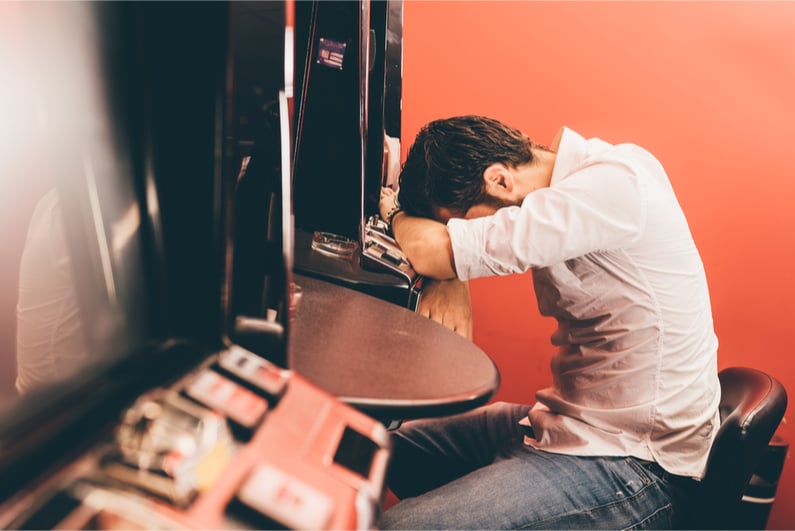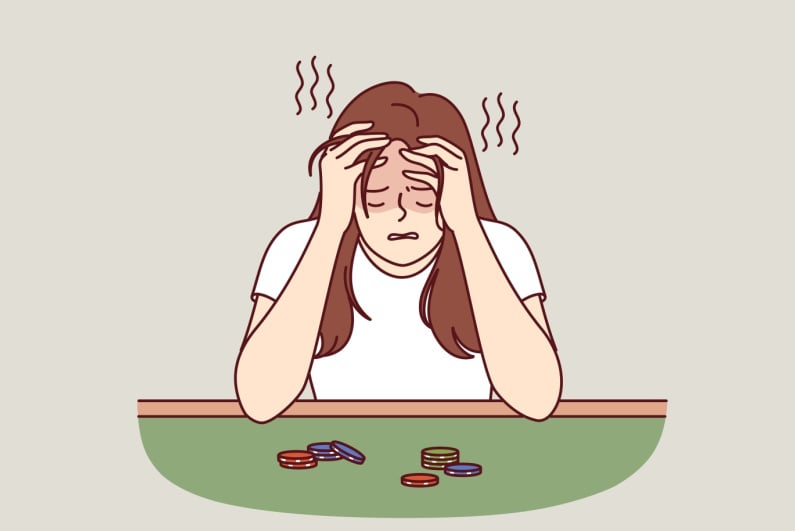The British Government has finally reached its decision on fixed odds betting terminals (FOBTs).
At the moment, the maximum stake on FOBTs – or bots are they are colloquially known – is £100 ($135). Campaigners against gambling addiction have long fought for a reduction in this limit – with the high street bookmakers stridently insisting that the limit needs to stay as it is – and it now appears that they have got their way.
Despite talk of a “half-way house” limit of £30 ($40), the Government has announced a reduction to £2 ($2.70), with sports minister Tracey Crouch saying that the reduction, “will reduce harm for the most vulnerable”. Showing scant regard for the bookmakers’ shareholders, she added: “We recognize the potential impact of this change for the betting shops which depend on FOBT revenues, but also that this industry is innovative and able to adapt to change.”
How did bookmakers react?
As you might expect, with howls of anguish. William Hill, which generates half its retail revenue from FOBTs, called the action unprecedented and warned that 900 of its shops could close. It forecast that full-year operating profits could drop by between £70m and £100m, while GVC, the owner of Ladbrokes, forecast a full-year fall of £160m.
What the bookies lose
See above: because the FOBTs accounted for a significant slice of their profits. With business rates, high street rates, and staff costs, betting shops are an expensive presence on the high street. The income generated by the FOBTs almost certainly made hundreds, if not thousands, of loss-making shops profitable. But anyone who goes into a betting shop cannot fail to notice that the average age of the customers is far greater than the younger demographic the bookmakers target online.
Call me cynical, but while the bookmakers will be making plenty of noise about the reduction to £2 and the impact it will have on their short-term profits and high street presence, privately they may well be breathing a sigh of relief. Betting shops are clearly an idea whose time has passed, and now the bookmakers can lay the blame for their closure very firmly at the feet of the government.
What about bookies’ shares?
In the short term, they have gone down. Having risen sharply yesterday on the news that sports betting would become legal throughout the US – and as Paddy Power announced that it was discussing a potential merger with US DFS company FanDuel – they have gone in exactly the opposite direction this morning, with Hills and GVC shares falling sharply. Clearly, it is not the function of this site to give investment advice but, as above, it is my hunch that in the long run, this reduction to £2 will not be the disaster for bookmakers they are currently making it out to be.
What happens now?
…It may, however, be very bad news (if not quite a disaster) for British horseracing, with the bookmakers certain to make good on their threat to cut back on sponsorship. Horseracing is heavily reliant on bookmakers’ sponsorship, and while the major races will continue to attract sponsors – especially with new sports betting companies seemingly entering the market monthly and needing to gain exposure – bookmakers’ sponsorship of less important races will unquestionably be cut back.
Problem-gambling problem solved?
I’ve tried to avoid the cliché of “the crack cocaine of gambling” in this article. When I toured my town’s betting shops recently – and found that more than 50% of people in the shops at 10 am were playing on the FOBTs – I had never seen a group of people that looked less like the apocryphal crack cocaine users. Yes, many people have undoubtedly lost large amounts of money on FOBTs, and over the coming weeks, these stories will be re-circulated in the media.
But I would suggest that the people gambling the maximum £100 stake on the FOBTs were few and far between. I would say that the bookmakers’ profits come not from the maximum stake, but from the regular use of the machines and the built-in profit margins. Certainly, in the shops I visited, I doubt that the reduction in the maximum stake will have a significant impact on customer behavior.
As for the headline stories of “I lost £15,000 a day on FOBTs”, you have to ask whether that was the FOBTs or the gambler. Alcoholics will find a way to drink and, sadly, compulsive gamblers will find a way to gamble. FOBTs were – and will remain – quick, easy and convenient, but for the problem gambler, they are a long way from the only game in town.



